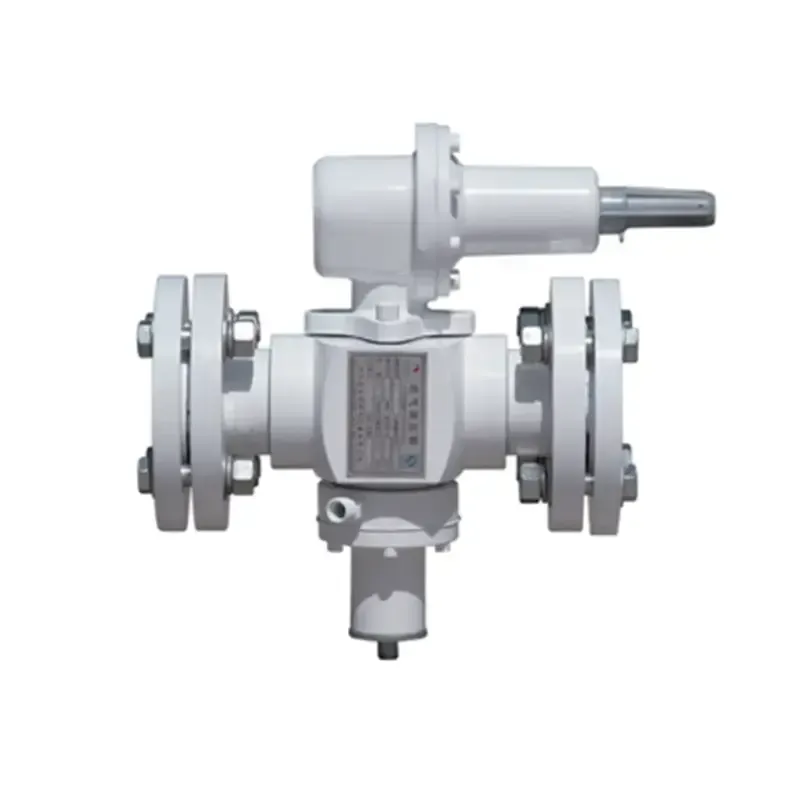
Oct . 31, 2024 22:29
Back to list
Understanding the Function and Importance of Shut-off Valves in Fluid Control Systems
Understanding Shut-Off Valves Essential Components in Fluid Control
Shut-off valves play a crucial role in various industrial and residential applications, providing a reliable means to control the flow of fluids. These valves are designed to either completely stop or allow the passage of fluids through pipes, ensuring safety and efficiency in many systems. Their importance can be seen in water supply systems, irrigation, gas pipelines, and petrochemical industries.
The primary function of a shut-off valve is straightforward to isolate a section of piping or a specific device from the rest of the system. This capability allows for maintenance, repair, or replacement without disrupting the entire system. For instance, in a residential water supply scenario, if a pipe starts to leak, the shut-off valve can be used to stop the flow of water to that particular section, preventing further damage and allowing repairs to be made.
There are several types of shut-off valves, each serving different purposes based on the application
. The most common types include ball valves, gate valves, globe valves, and butterfly valves. Ball valves are favored for their quarter-turn operation and tight sealing capabilities, making them ideal for quick shut-off applications. Gate valves, on the other hand, are more suited for applications requiring infrequent operation, as they are designed for fully open or fully closed positions to minimize pressure loss.shut-off valve

Choosing the right shut-off valve involves considering several factors, including the type of fluid, the pressure of the system, and the required flow rate. Additionally, material compatibility is critical, as different materials (such as brass, stainless steel, or plastic) may be necessary to withstand corrosive substances or high temperatures.
Maintenance of shut-off valves is also vital to ensure their longevity and performance. Regular inspections can help identify wear and tear, leaks, or malfunctions before they lead to significant issues. Lubrication of moving parts and ensuring that the valve is fully operational can extend its lifespan and prevent costly downtime.
In conclusion, shut-off valves are indispensable in managing fluid flow in numerous applications. Their ability to efficiently isolate sections of a system, combined with various types catering to different needs, makes them essential in maintaining system integrity and operational safety. Understanding their functionality and proper maintenance will ensure that they continue to serve their vital purpose in any fluid control system.
Latest news
-
Safety Valve Spring-Loaded Design Overpressure ProtectionNewsJul.25,2025
-
Precision Voltage Regulator AC5 Accuracy Grade PerformanceNewsJul.25,2025
-
Natural Gas Pressure Regulating Skid Industrial Pipeline ApplicationsNewsJul.25,2025
-
Natural Gas Filter Stainless Steel Mesh Element DesignNewsJul.25,2025
-
Gas Pressure Regulator Valve Direct-Acting Spring-Loaded DesignNewsJul.25,2025
-
Decompression Equipment Multi-Stage Heat Exchange System DesignNewsJul.25,2025

